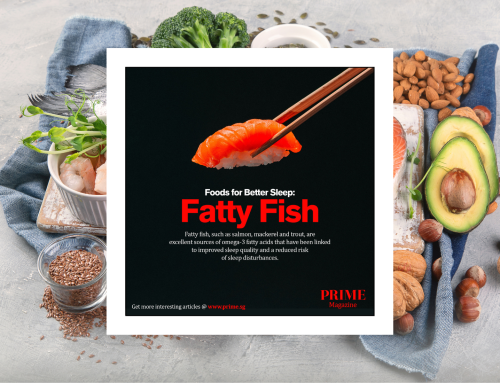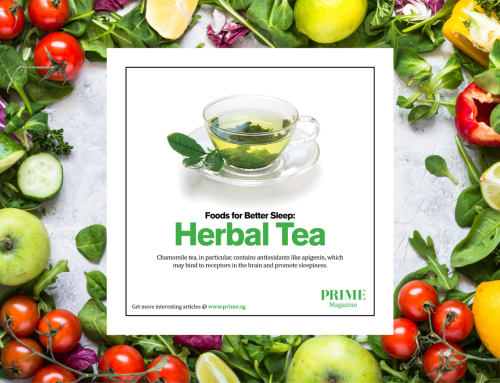According to WHO, 82% of people with blindness are aged 50 and above. But do you know that 80% of all visual impairment can be prevented or cured?
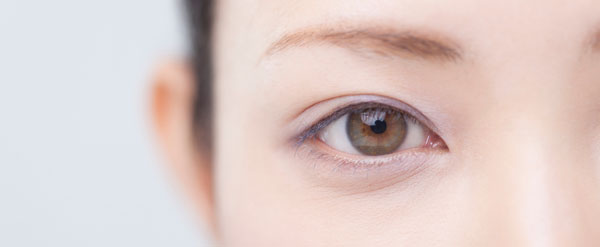
Sight is one of our five senses and the eye is an important organ of sight. The eye gathers light through the pupil, passes through the cornea (front of the eye) to the lens, which bends the incoming light onto the retina (made up by millions of specialised cells at the back of the eye) to convert the light and produce an image. The eye is connected to the brain and the brain processes what we see.
Eating a healthy diet is essential for healthy vision. We take a look at some of these foods.
1. Dark, leafy greens
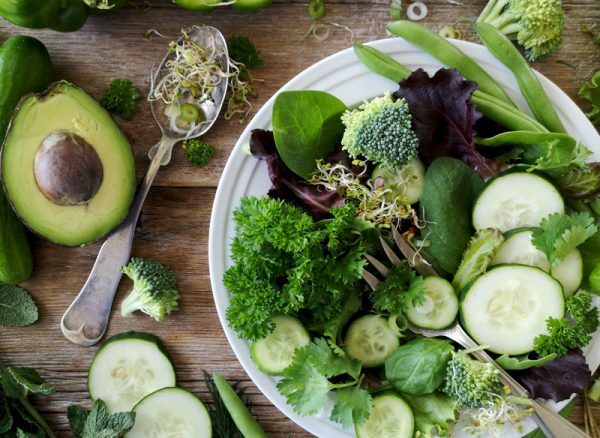
Green, leafy vegetables contain lutein and zeaxanthin which are good nutrients for eye health. Lutein is found in your macular pigment to protect your vision and zeaxanthin is found in your retina. Both nutrients are linked to lower the risk of age-related eye diseases like cataracts and macular degeneration. Get these nutrients from kale, spinach, collard greens, broccoli, Brussel sprouts, romaine lettuce and bright coloured fruits like kiwis and grapes.
2. Egg yolk

Egg yolk is also a good source of lutein and zeaxanthin, as well as vitamin A which may protect against night blindness. For better absorption of these nutrients, soft boil your eggs or cook them in poached form.
3. Fish
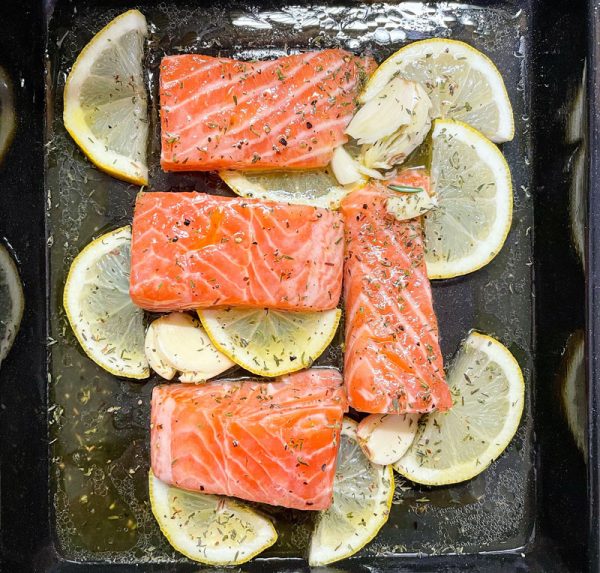
Omega-3 fat DHA which can be found in the eye’s retina protects retinal function and provides structural support to cell membranes. Take fish like salmon, sardines, tuna, mackerel, anchovies and halibut for fatty acids to fight inflammation and increase protection against dry eyes
4. Berries
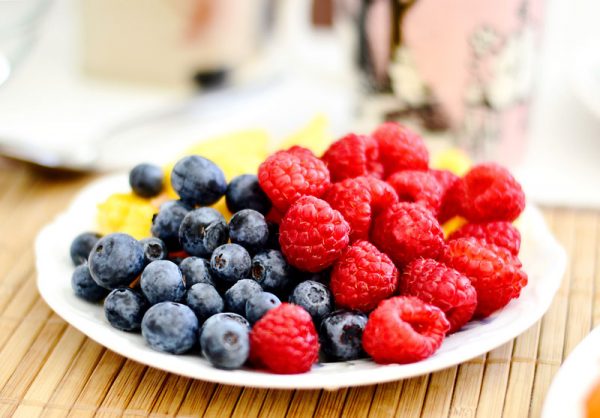
Berries contain anthocyanin which is the pigmentation that gives the colours of red, blue and purple to fruits and vegetables. The antioxidant properties of these compounds have been linked to improved vision and health benefits for multiple eye conditions. Anthocyanin can be found in blueberries, cranberries, strawberries, eggplant, red cabbage and red / purple grapes.
5. Carrots
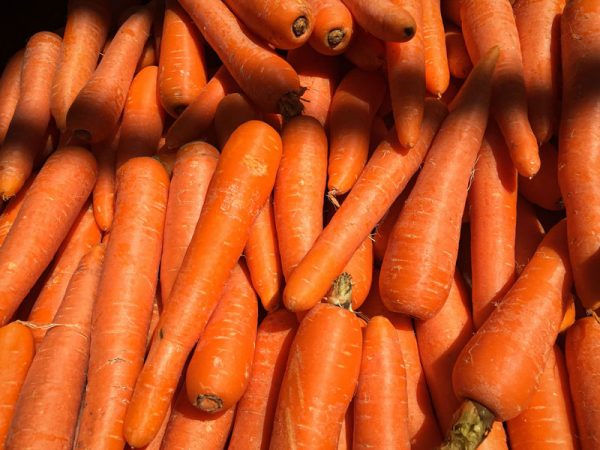
Carrots supply beta-carotene which is converted into vitamin A by your body during food consumption. Lack in vitamin A may increase risks of blindness, cataracts and macular degeneration. Other foods containing vitamin A include mangoes, milk, cheese and peas.
6. Nuts
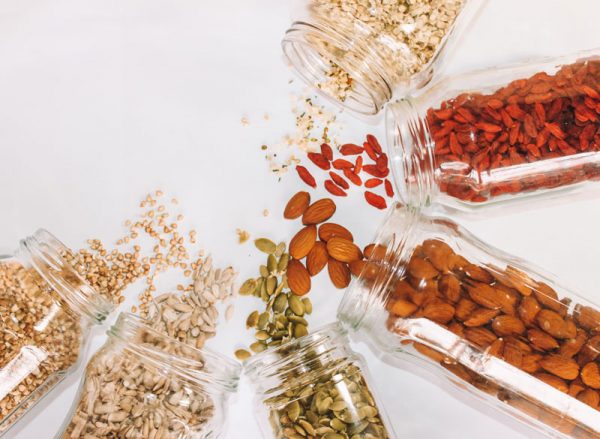
Nuts are rich in vitamin E which protects the cells in our eyes from the damaging effects of free radicals with its antioxidant properties, as well as lower eye disorders like age-related macular degeneration (AMD). Get your share of vitamin E from pistachios, walnuts, almonds and hazelnuts. Vegetable oil and peanut butter are also good sources.







